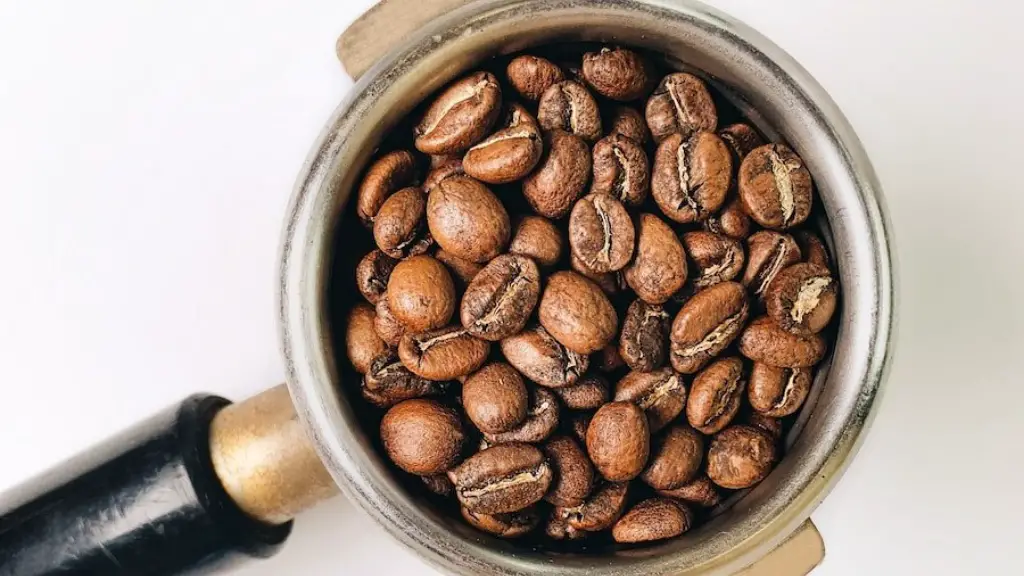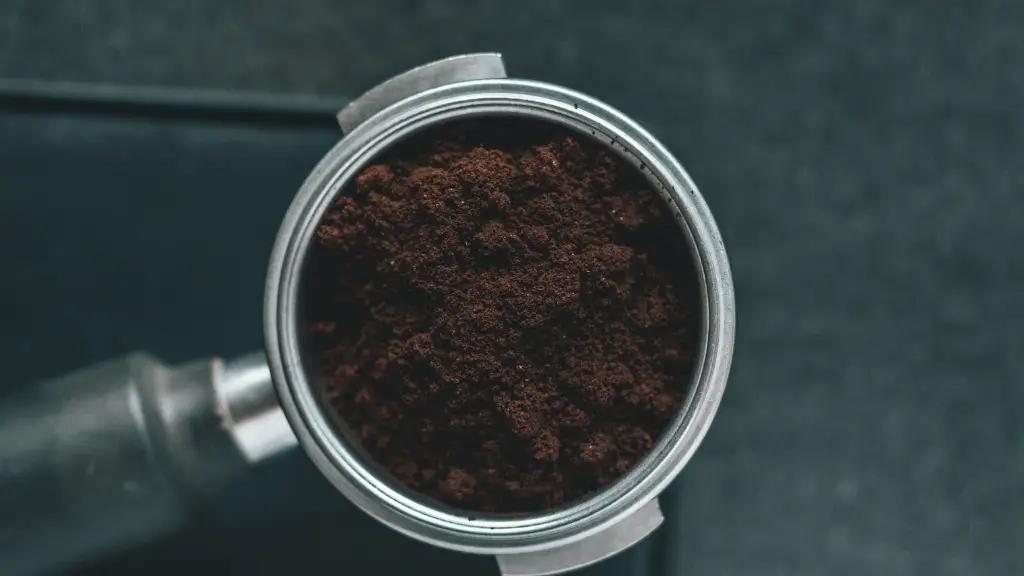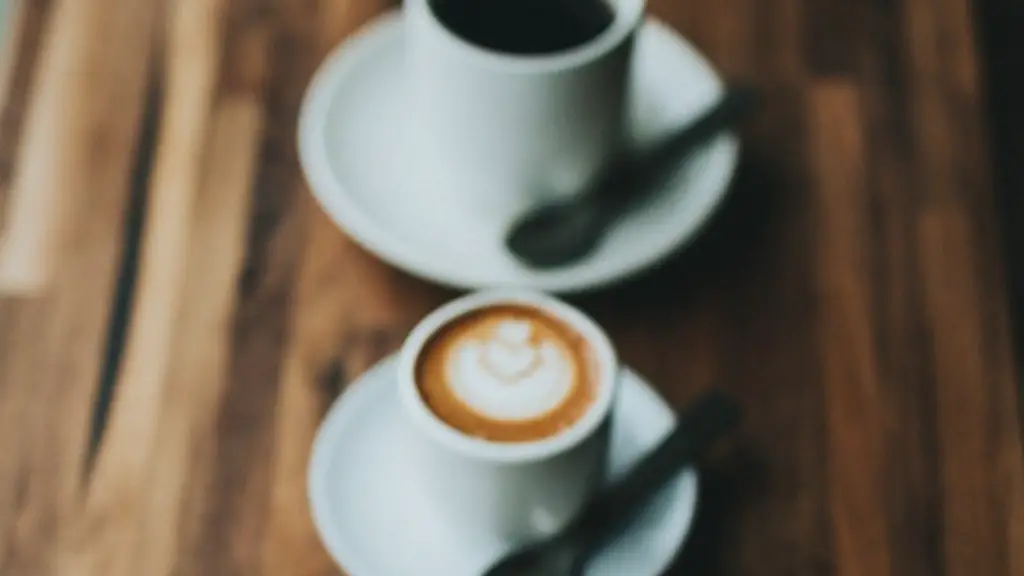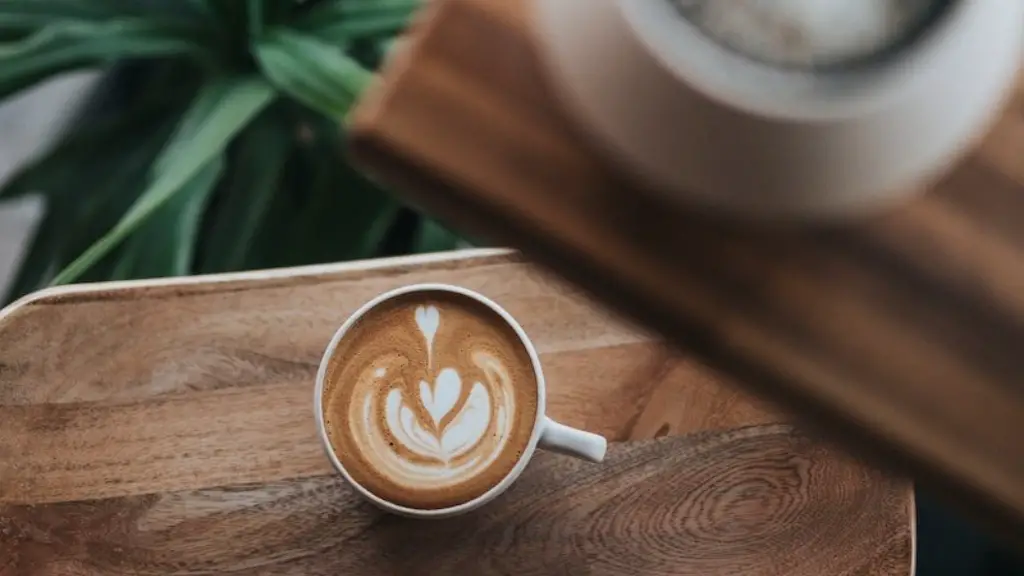Intermittent fasting has become a popular topic in recent weeks as more people learn about the scientific benefits. But what happens when you mix caffeine, like tea and coffee, into the equation? Can you drink them while intermittent fasting and still get the same results?
Due to their natural stimulant and diuretic properties, caffeine consumption is often a controversial topic when talking about fasting. On one hand, advocates suggest that caffeine can give you a boost of energy, allowing you to tolerate and even thrive in a fasting window. On the other hand, opponents fear that caffeine may interfere with the body’s ability to use fat for energy during fasting.
To understand the effects of caffeine on intermittent fasting, it’s important to understand its impact on the body in general. Caffeine is a stimulant that acts on the central nervous system and is known to boost energy, alertness, and focus. It is quickly absorbed after consumption and the effects can last anywhere from two to six hours.
In terms of weight loss, caffeine can be beneficial. It increases thermogenesis, the process by which your body burns calories to produce heat. This leads to a slight increase in energy expenditure, meaning that you might be able to burn a few more calories in a day than normal. However, this effect is likely to be very small and likely insignificant in terms of total weight loss.
The most important thing to consider when drinking caffeine while intermittent fasting is that it may make you more prone to breaking your fast. One study showed that those who consumed caffeine shortly before their eating window began were more likely to break their fast prematurely. The study also showed that those who consumed caffeine after their fasting period had no such issues.
Essentially, caffeine doesn’t appear to have any significant effects on intermittent fasting when consumed in moderate amounts. However, if you find yourself feeling overly hungry or getting headaches while fasting, it may be wise to eliminate caffeine until you can better assess the situation.
WhenShouldYouConsumeTheCaffeine?
When it comes to consuming caffeine during intermittent fasting, timing is key. If you drink too much caffeine too close to the end of your fasting window, it may interfere with your body’s ability to break down fat for energy. It’s best to consume your caffeine at least an hour before the start of your eating window.
You should also be aware that most of the benefits of caffeine come from moderate amounts. If you drink too much, it can have the opposite effect and make you feel jittery and overly stressed. So be sure to stick to the recommended amount and make sure that caffeine isn’t your main source of energy.
CaffeineAlternatives
If you’re looking for something to drink while intermittent fasting that isn’t caffeine-based, there are plenty of great options. Herbal teas are a popular choice, as they are naturally caffeine-free and can provide various health benefits. Some examples include chamomile, peppermint, rooibos, and ginger tea.
Another good alternative is sparkling water. Not only is it calorie-free, but it can also help to keep you hydrated. Just make sure to stick to plain, unsweetened varieties to avoid accidentally breaking your fast.
Finally, you can also try drinking black coffee during your fasting window. While there is some caffeine in black coffee, it’s not nearly as much as what you would find in a traditional cup of joe. Plus, there is evidence to suggest that black coffee can help improve alertness and focus, as well as suppress hunger.
WhatEffectsDoesCaffeineHaveOnTheBody?
Caffeine is the most widely consumed psychoactive drug in the world, and its effects on the body are complex and vary depending on the person. Generally speaking, caffeine has been found to increase alertness, improve mental and physical performance, and reduce fatigue.
In addition, caffeine has also been shown to increase metabolic rate, meaning it can boost your body’s ability to burn calories. However, this effect is only temporary, and any boost in metabolism is likely to be very small and insignificant in terms of total weight loss.
Caffeine can also increase blood pressure and heart rate. While this is generally nothing to worry about, those with existing heart conditions may need to be cautious. In addition, those who are sensitive to caffeine may experience nausea, headaches, and jitteriness.
AwarenessOfCaffeineintake
When considering your caffeine intake while intermittent fasting, it’s important to be aware of the potential risks and side effects. Even though caffeine can be beneficial in moderate amounts, too much can lead to an increase in heart rate and blood pressure, as well as feelings of stress and jitteriness.
It’s also important to remember that caffeine can affect how your body responds to fasting. If you drink too much caffeine too close to the end of your fasting window, it may interfere with your body’s ability to break down fat for energy. The best approach is to consume any caffeine at least an hour before the start of your eating window.
OtherIngredientsToBeAwareOf
In addition to caffeine, it’s important to be aware of any other ingredients that could potentially break your fast. Many pre-made beverages contain added sugars and artificial sweeteners, which can break your fast if you’re not careful. The same goes for milk or cream, as these are non-zero calorie sources of fat that can interfere with your fasting goals.
If you’re looking for a safe non-caffeinated beverage option, plain sparkling or still water is your best bet. Drinking plenty of water is important for overall health, and it will also help to keep you hydrated and satiated during your fasting window.
Conclusion:MakeaConsciousChoice
In the end, whether or not you should drink tea and coffee while intermittent fasting is a personal choice. As long as you’re aware of the potential risks, caffeine can be a beneficial part of the process. Just remember to drink in moderation, watch out for added ingredients, and give yourself enough time for the effects to wear off before you begin eating.




